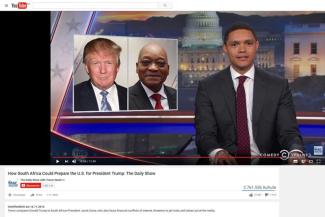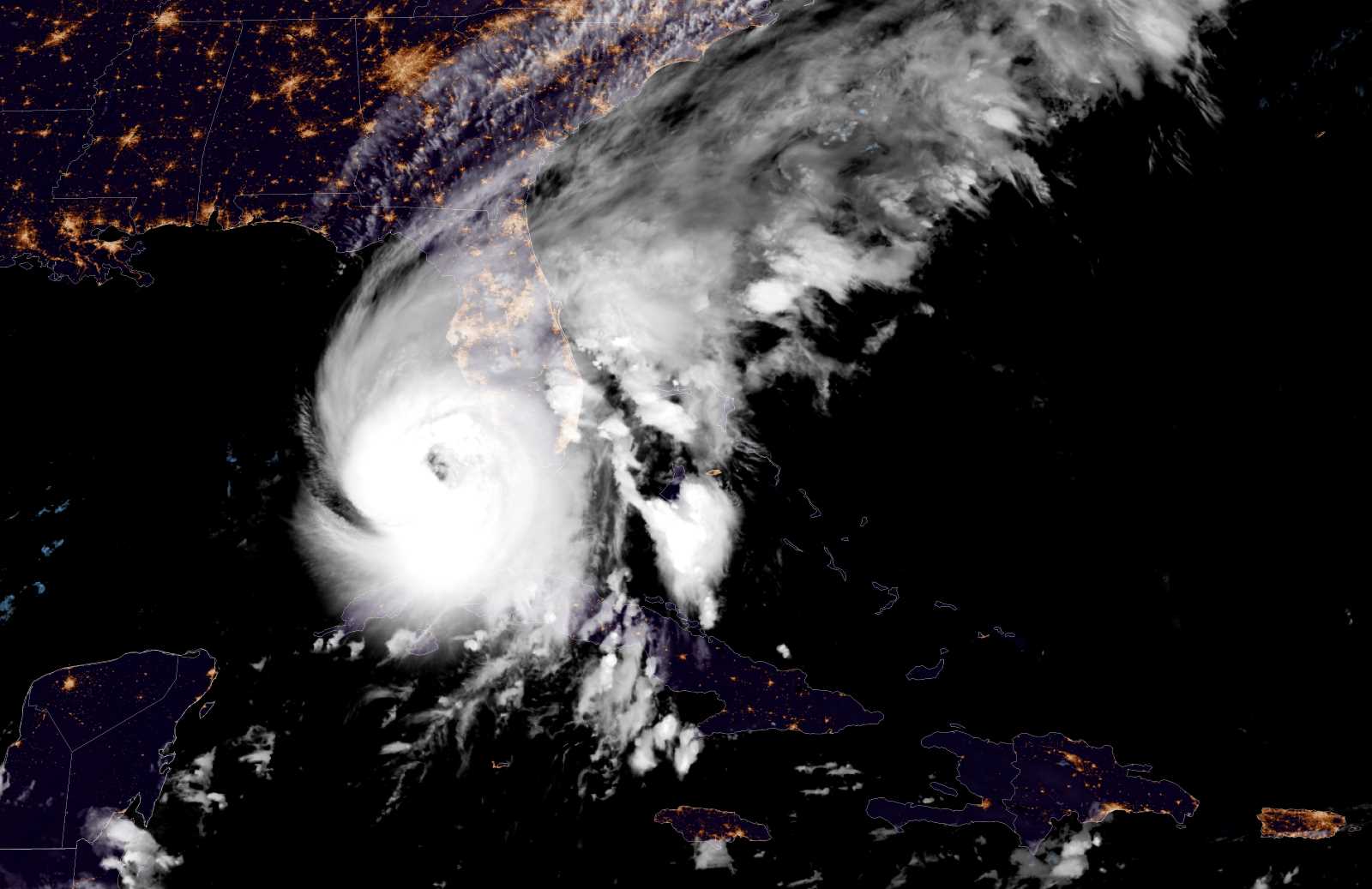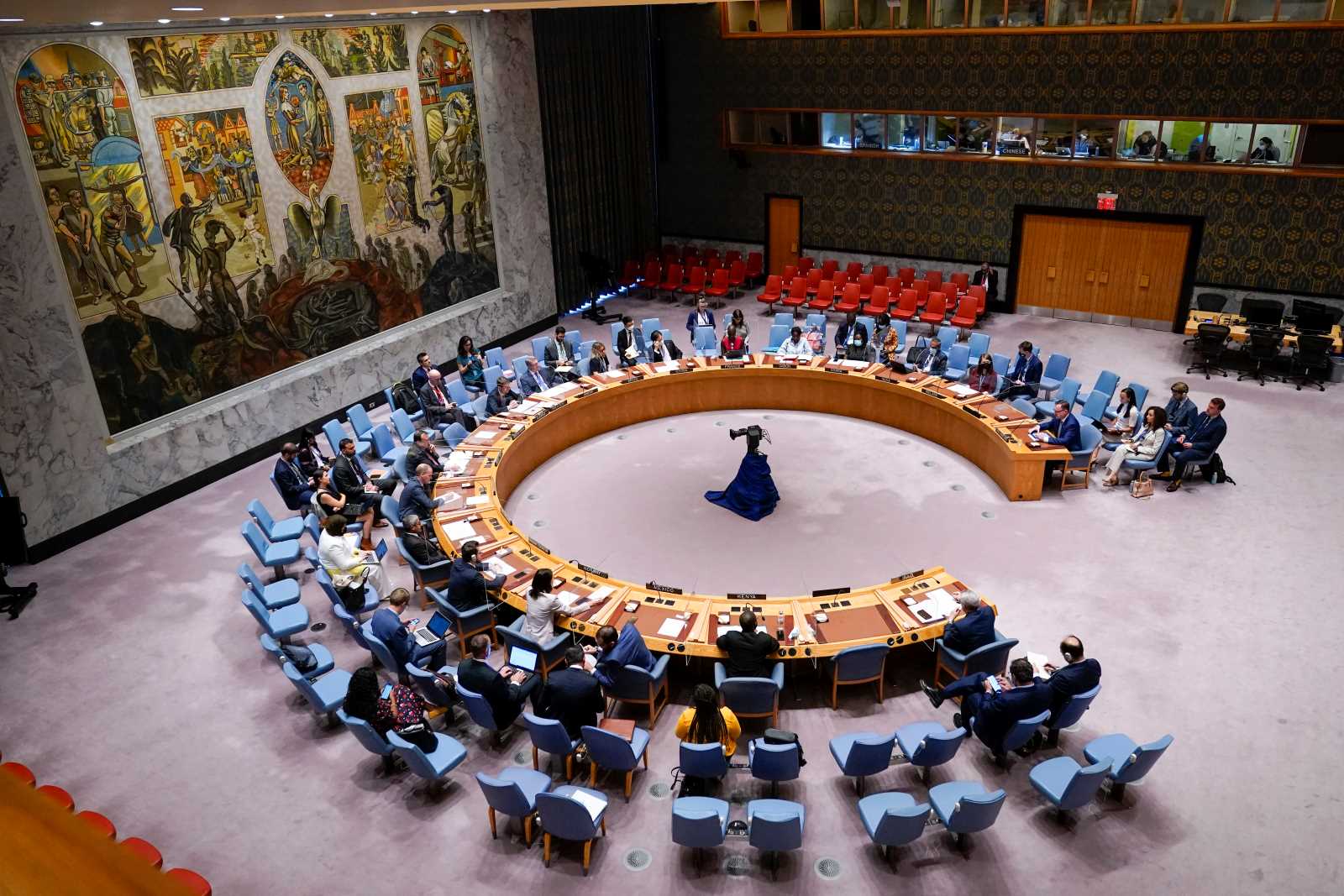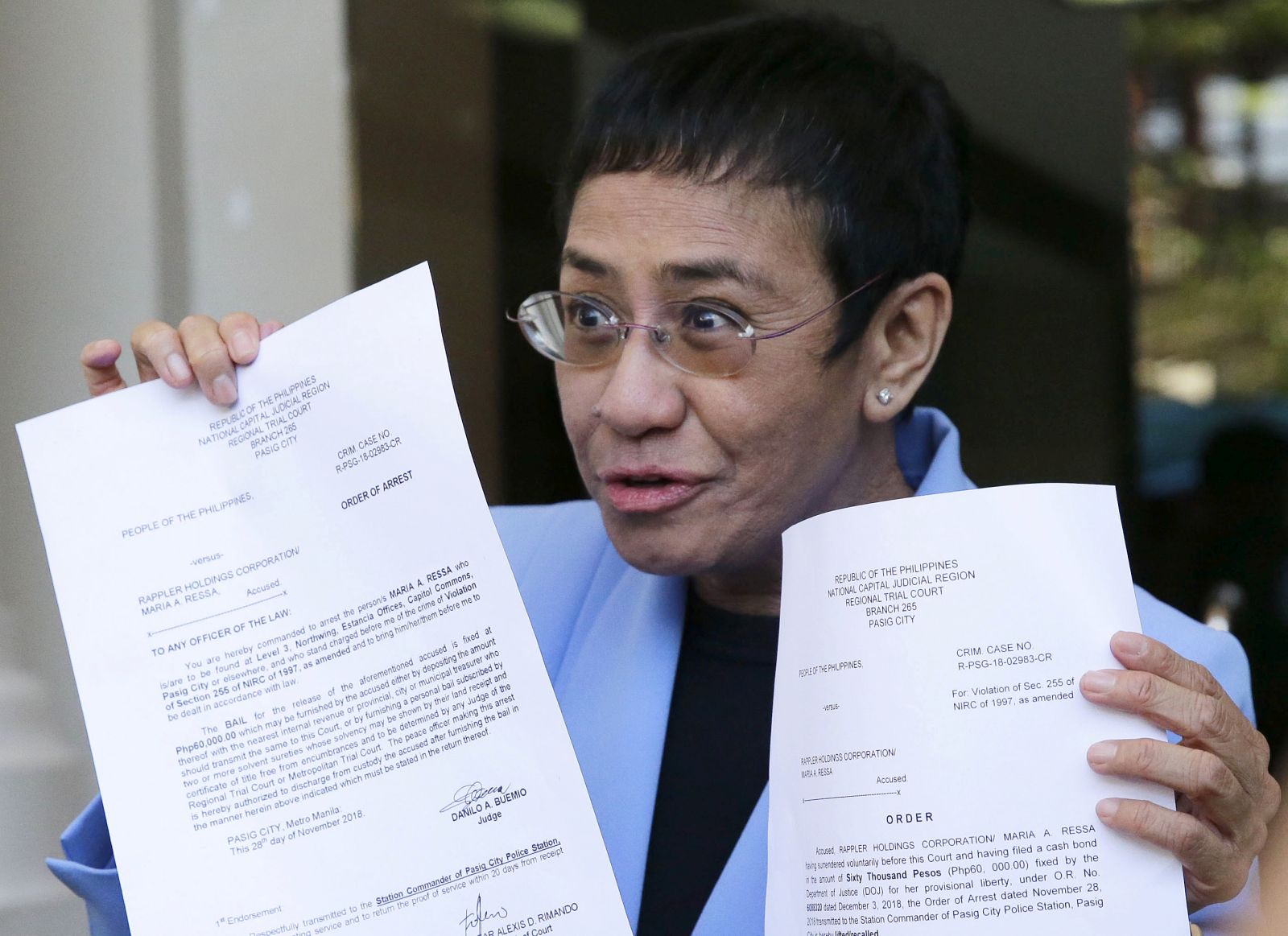USA
Plainly unpresidential

Trump’s first 50 days in office were chaotic. After his inauguration, he claimed that more people attended than ever before. Photos proved him wrong. Without proof, he said millions of votes had been cast illegally. He issued a travel ban for people from seven predominantly Muslim countries, but parts of it were immediately struck down in court. The president’s response was to complain about the “so-called” judge. Later, Trump called media outlets that criticise him “enemies of the people”. In March, he claimed, without evidence, that his predecessor had illegally tapped his phones.
Trump’s first national security adviser had to resign because of lies concerning contacts with Russian officials. For similar reasons, his attorney general recused himself from all investigations relating to the election campaign, during which Russian spies are believed to have hacked computers of the party of Trump’s opponent.
Previous presidents meticulously avoided conflicts of interest, but Trump’s family business is benefiting. His sons are managing his brand, which has become more famous due to his rise to political power.
The emoluments clause of the US constitution does not allow the president to accept money or favours from foreign states. Since he was elected, however, China granted the Trump Organization 39 trademarks of obvious business relevance in the People’s Republic. A particularly interesting question is whether Trump depends on Russian financiers. He has a history of bankruptcies, so most US-based banks do not give his conglomerate loans. How does it finance huge investments? The president could clarify matters by publishing his tax returns – but he refuses to do so. Shady finances, of course, are typical of despotic clans.
At the end of February, many journalists wrote that Trump was finally acting “presidentially” because he had addressed the US Congress in a relatively mild-mannered way. However, the Washington Post listed 13 “notable” falsehoods in his speech. Moreover, a president must excel as a policymaker and not only reiterate campaign promises.
Two such promises were to cut taxes and to “repeal and replace” his predecessors health-care reforms with “something much better”. Trump’s party controls both houses of Congress. The Republicans have a problem however. As E. J. Dionne (2016) has elaborated in an excellent book, they have been making impossible promises for a long time. Throughout the Obama years, they pretended they could drastically reduce taxes and repeal Obamacare without negative impacts on US citizens.
In real life, however, government action matters. When D+C/E+C went to press, some Republicans were trying to rush through legislation that would deprive millions of people of their health insurance, while others were hesitating, knowing that, whatever they do, they will disappoint masses of voters. Instead of providing guidance on policy details, the president was reinterring hollow promises.
Compounding budget problems, Trump wants to increase military spending dramatically. US foreign policy is adrift however. The administration’s stance on multilateral organisations from the UN to the WTO to NATO is ambivalent. Trump’s secretary of state, who is nominally in charge of these matters, is largely invisible in Washington. At the same time, the White House pins great hopes on the diplomatic skills of the president’s young son-in-law, who, by the way, has also been in touch with the Russian ambassador. As in any autocracy, personal ties mean more than formal ranks and procedures.
Trump keeps promising to put “America first” and “make America great again”. So far, he and his party seem overburdened by problems of their own making. It is scary to consider what will happen in a serious crisis.
Reference
Dionne, E. J., 2016: Why the right went wrong. New York, Simon and Schuster.













